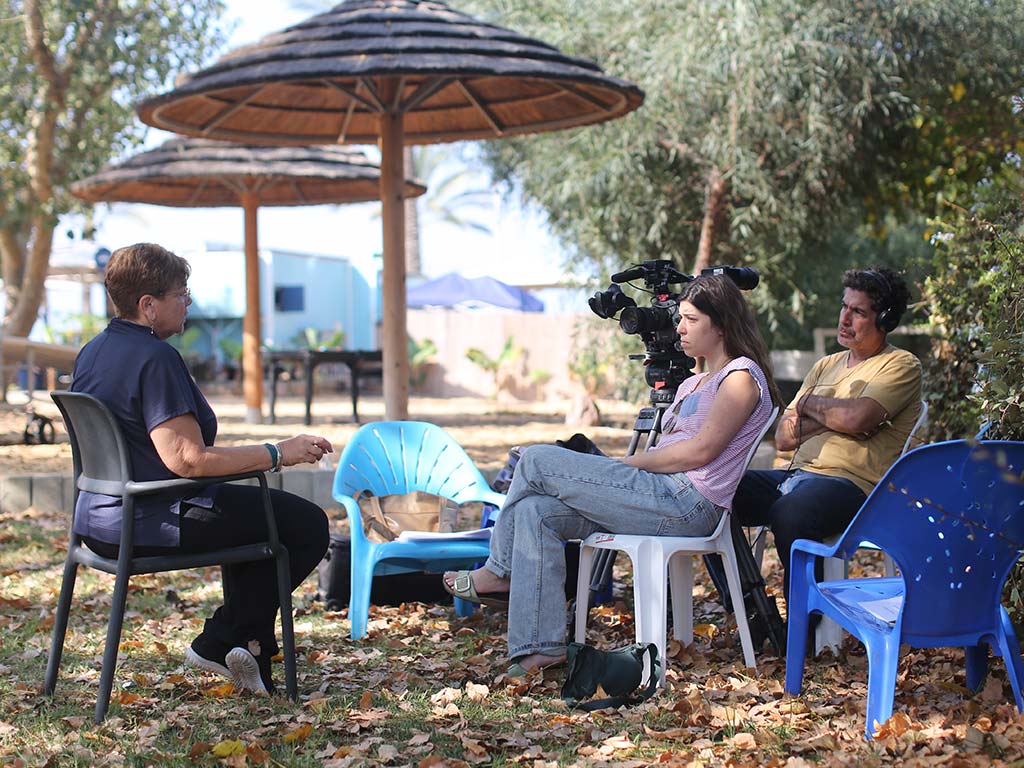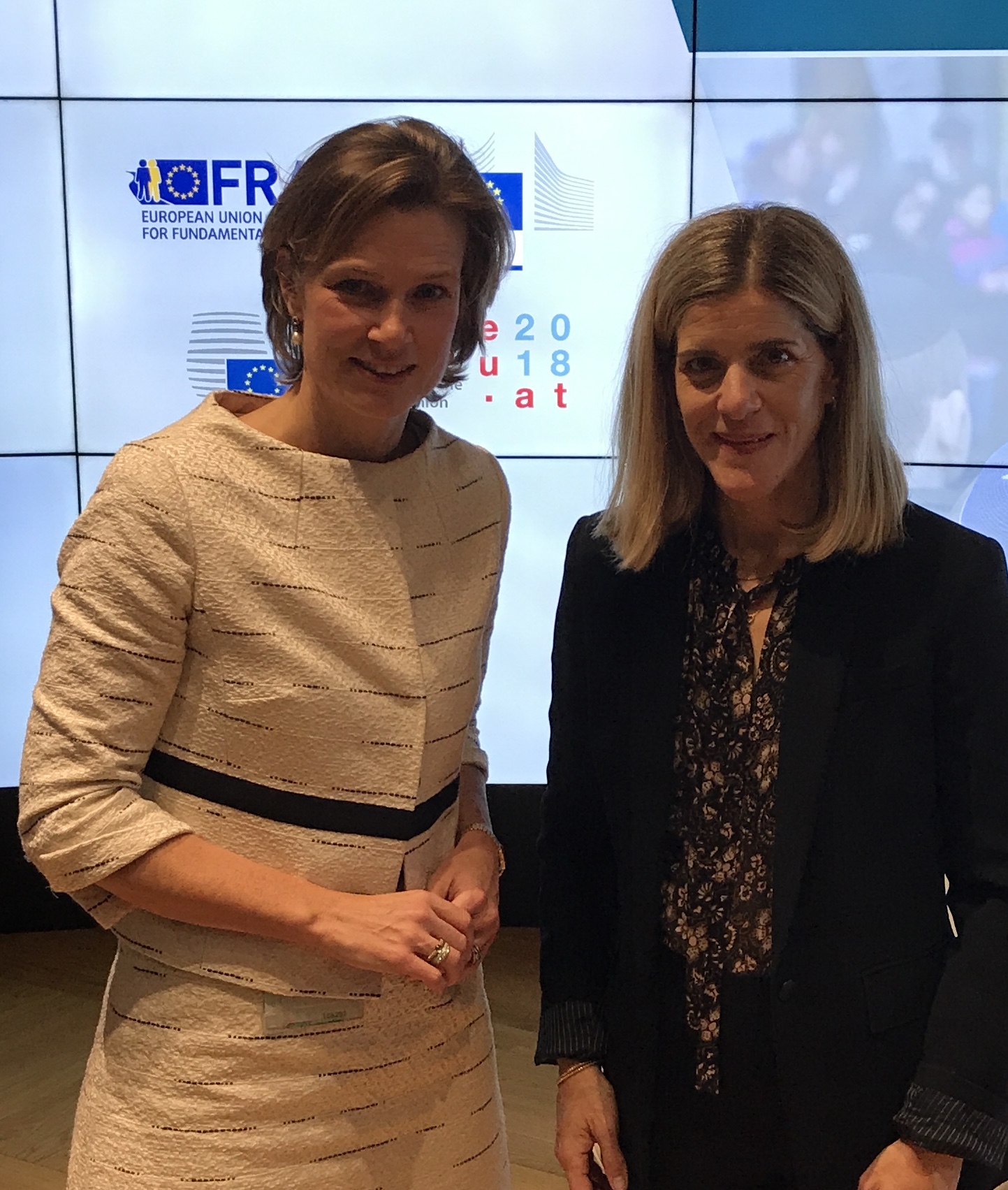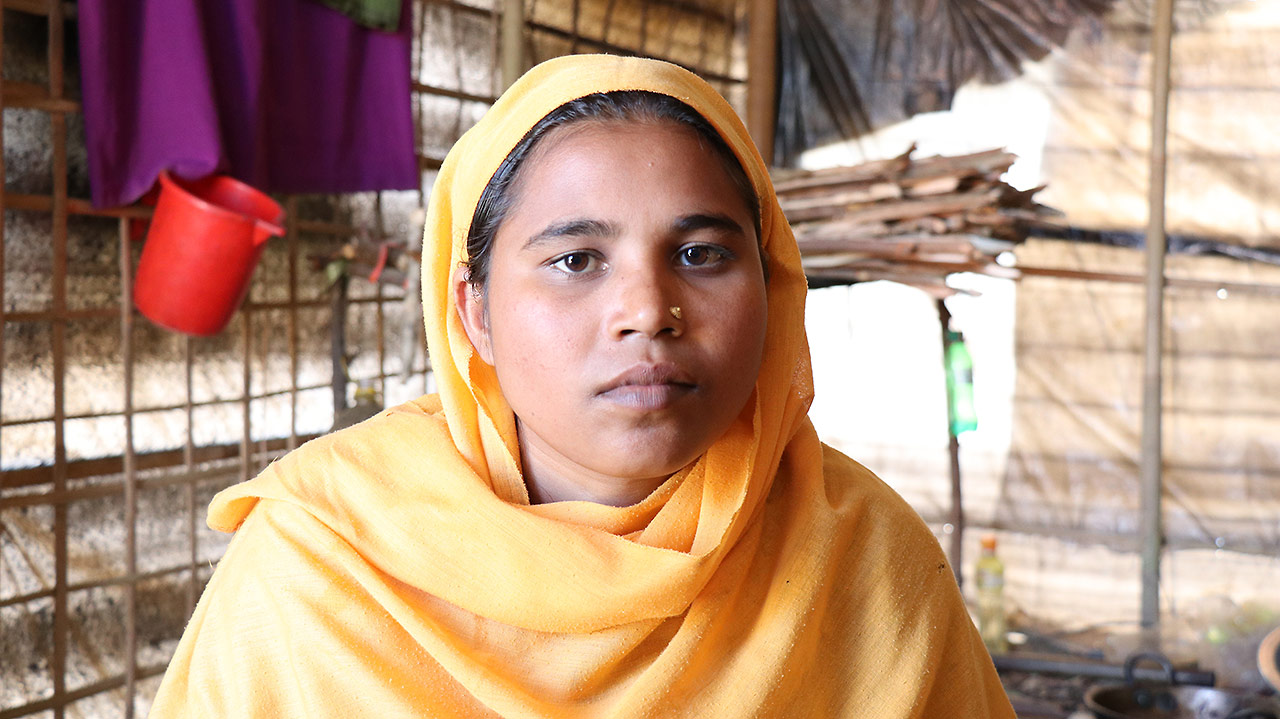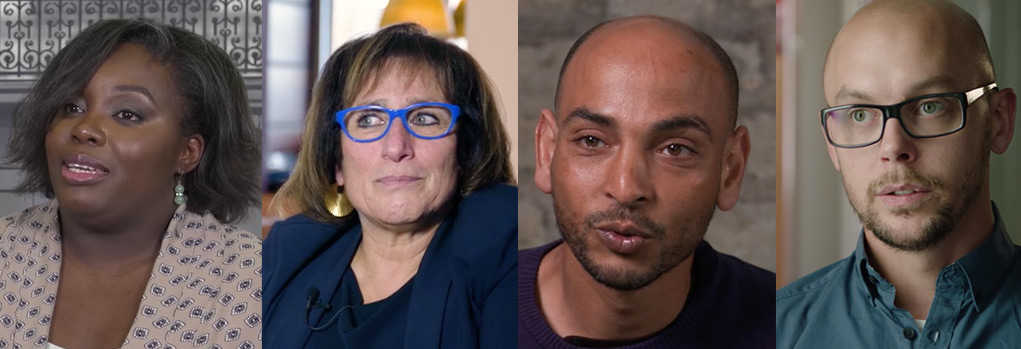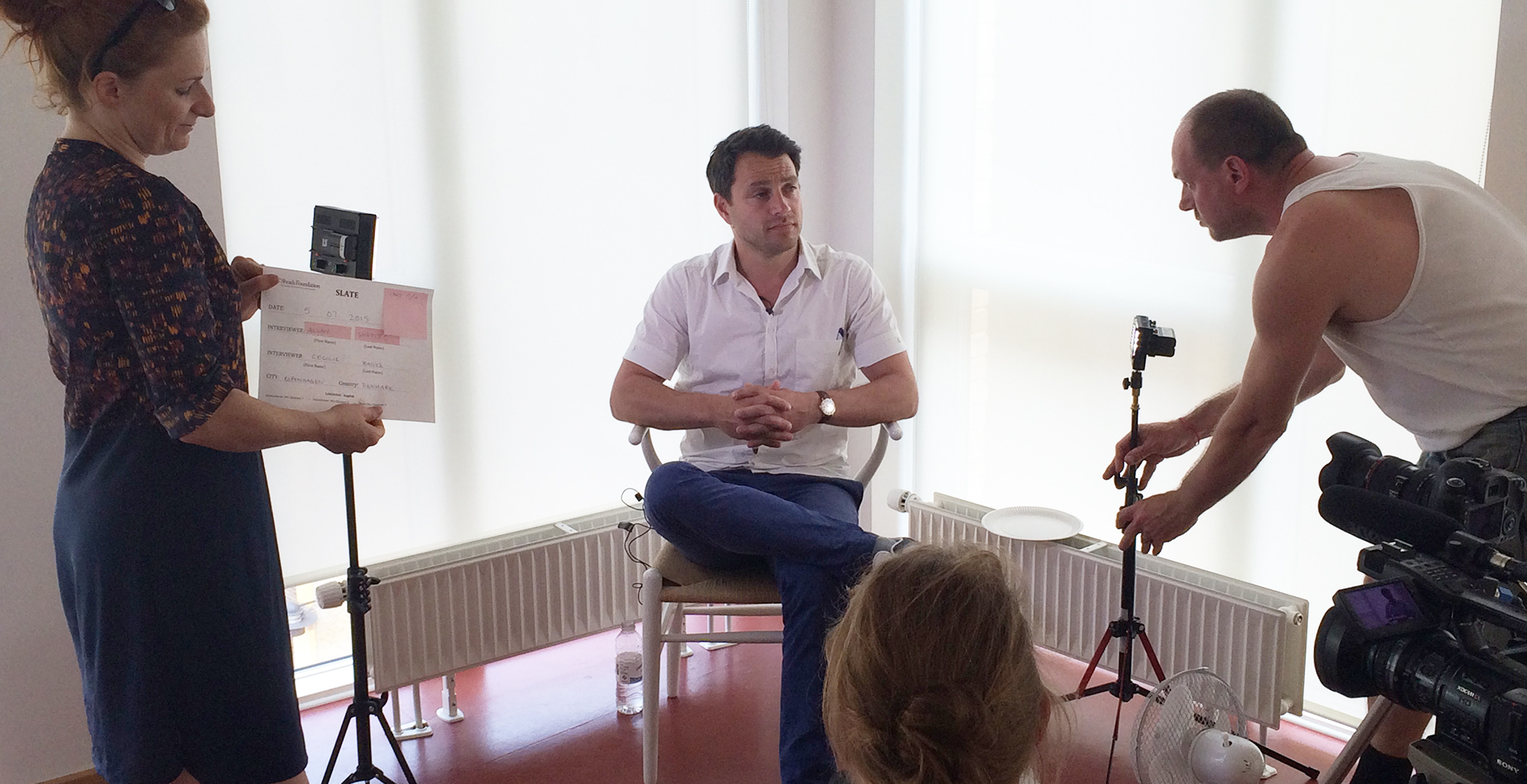About the Collection
The Institute has collected 98 testimonies that address contemporary experiences of antisemitism from Belgium, Denmark, France, Hungary, Sweden, the United Kingdom, the United States, and Israel. The interviews — from witnesses of violent events, to victims of antisemitism, and even those whose beliefs and attitudes related to antisemitism have evolved over time — examine this form of hatred from a variety of perspectives. Interviews for Countering Antisemitism Through Testimony (CATT) will soon be conducted in Germany.
Brief Historical Background
Setting the Stage
Antisemitism, the hatred of Jews as a group or a concept, has existed in different forms throughout history. During the Middle Ages, antisemitism was religion-based and centered on inaccurate myths about Jews and Judaism. In the late 19th and early 20th centuries, this hatred evolved into a non-religious form, as the world became obsessed with nationalism and perceived racial differences. During the Holocaust, Jews were persecuted and murdered because of Nazi ideology about racial superiority. Communist propaganda labeled all Jews as Zionists and called for the destruction of these Zionists. Antisemitism continues to persist to this day. Over the past few years, there has been a sharp rise in harassment, vandalism, and assaults aimed at Jewish men, women and children.
USC Shoah Foundation Response
In 2015, as antisemitic violence escalated around the world, USC Shoah Foundation - The Institute for Visual History and Education responded by launching the Countering Antisemitism Through Testimony Program (CATT). This collection of testimony documents personal stories of antisemitism, from its often-subtle origins to its most violent consequences. These testimonies draw clear connections to more commonly recognized forms of hatred and help connect antisemitism with other forms of prejudice.
